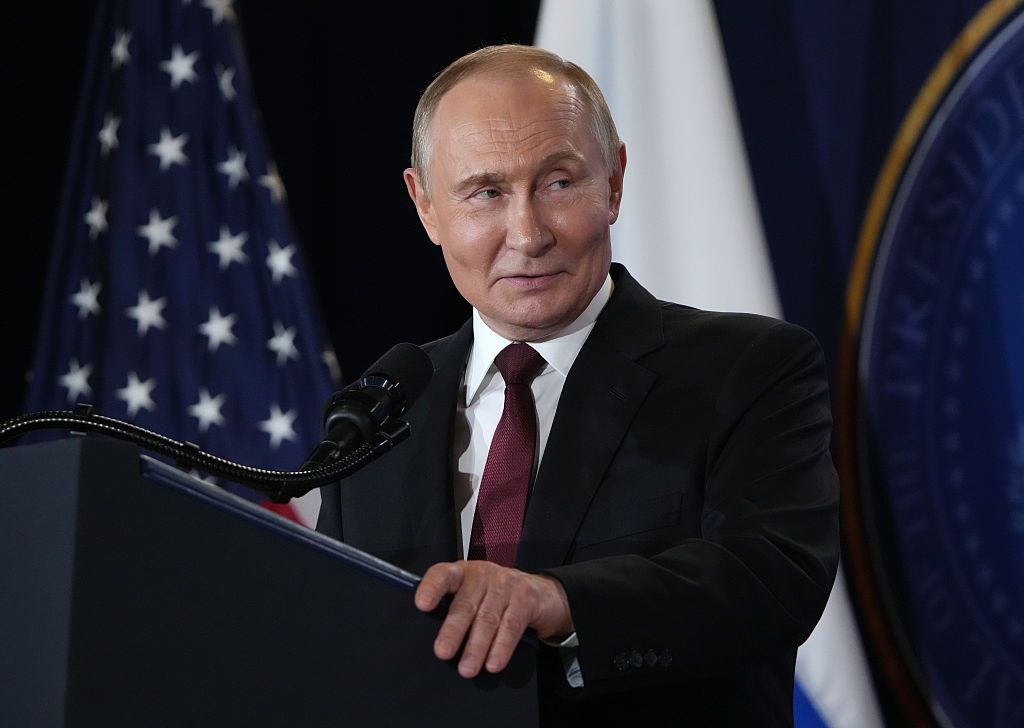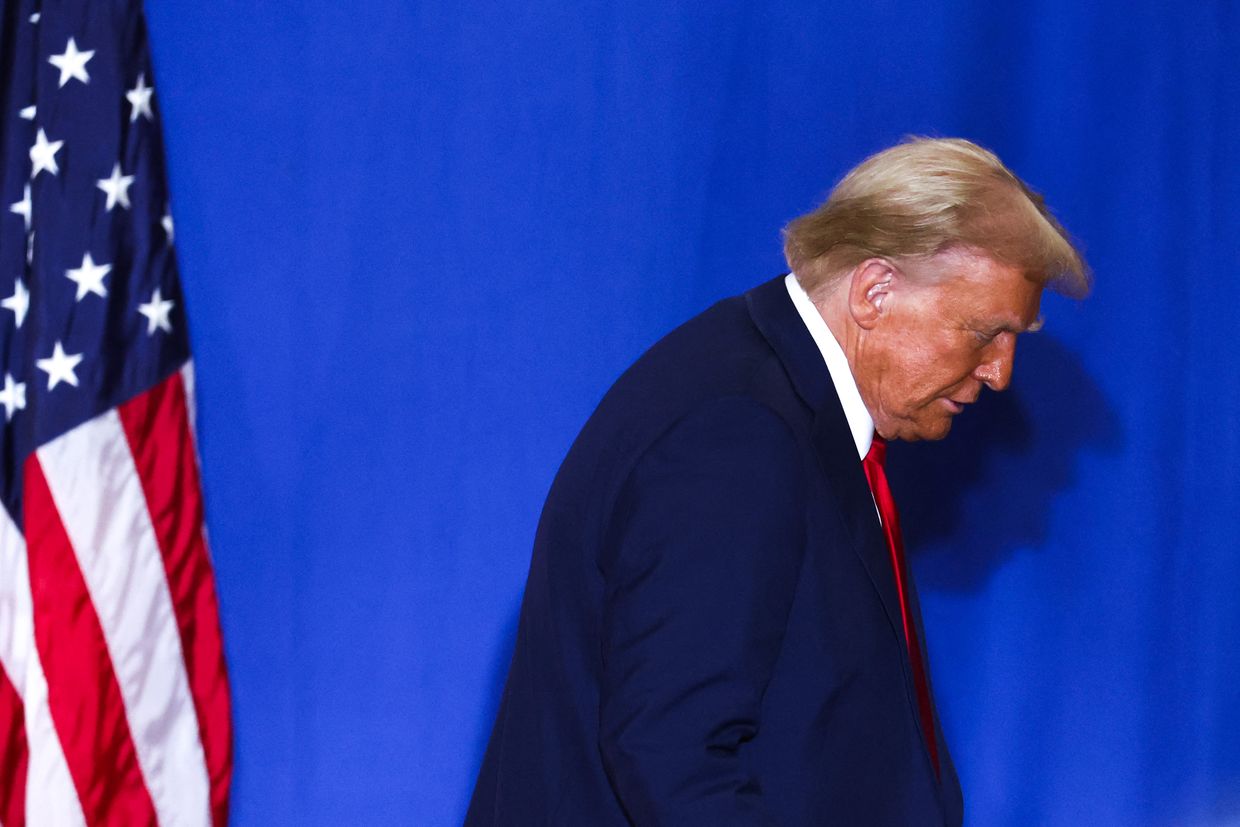Russia strengthens hand in potential peace talks with steady advances in Donbas

Evacuation of civilians from the city by the forces of the National Police White Angels" unit on June 19, 2025 Pokrovsk, Donetsk Oblast, Ukraine. (Kostiantyn Liberov/Libkos/Getty Images)
As President Volodymyr Zelensky seeks a meeting with Russian President Vladimir Putin to end the war, the battlefield is shifting in Moscow's favor, bolstering its position in potential peace talks.
Russia's main focus remains the Pokrovsk sector in the eastern Donetsk Oblast, where its troops are slowly advancing northeast of the logistic hub, once home to roughly 60,000 people. Russian troops are trying to close in on the Ukrainian pocket around Pokrovsk, approximately 16 kilometers wide, according to the Ukrainian open-source battlefield monitoring group DeepState.
Russia has also been advancing faster month to month since March, likely capturing about 500-550 square kilometers of Ukrainian territory in July, the U.K. Defense Ministry said in its intelligence update.
Russia's continued battlefield advances come as U.S. President Donald Trump pushes both sides to hold peace talks to end the war at all costs. Zelensky said Ukraine was ready for a bilateral meeting and possibly a trilateral meeting involving the U.S. as well.
"As I said, we are ready for any format at the leader level, because only at the leader level can we resolve all the complex and painful issues," Zelensky told journalists at the White House.
After meeting Putin in Alaska on Aug. 15, Trump has aligned himself more closely with Russia's push for a peace deal rather than a ceasefire. Political experts who spoke to the Kyiv Independent warned that Russia wants to prevent a ceasefire so it can continue gaining ground even as peace talks proceed.
Polish military analyst Konrad Muzyka said that he doesn't believe that "Russia wants to negotiate in good faith" and seek peace, given that its goal to subjugate Ukraine politically likely remains unchanged.
He added that Russia is likely only interested in "giving an impression" that it seeks an end to the war and appears to want to extend the negotiation process for as long as possible to increase its demands.
Russian troops are gaining ground on multiple axes in recent months, according to Muzyka.
Russian troops made a roughly 10-kilometer push toward the Dobropillia–Kramatorsk highway in Donetsk Oblast earlier this month, putting Dobropillia at a greater risk. Ukraine immediately deployed more units to the sector after the Russian tactical breakthrough, retaking some areas but losing others now that the counterattack bogged down.
"(It) appears to indicate that the Ukrainian ability to defend the terrain is essentially decreasing, or degrading rather," Muzyka, director of the defense analysis company Rochan military consultancy, told the Kyiv Independent.
Russian troops also entered Dnipropetrovsk Oblast — a region west of the embattled Donetsk Oblast — in June, to solidify Pokrovsk's southern flank and attempt to encircle the city. The Ukrainian military reported on Aug. 21 that it regained control of some border villages.

As the peace talks progress, Russia is expected to continue making gains, especially in the Donetsk Oblast, but "an operation collapse" on the Ukrainian side was unlikely even if the pace of advance may accelerate, according to Muzyka.
He believed that Pokrovsk could fall to Moscow in the coming months, but Ukraine's defense elsewhere in Donetsk Oblast would depend on its ability to carry out counterattacks and deploy more units.
In addition to Pokrovsk and Dobropillia, Russian troops have been focusing on closing in on Kostiantinivka, a town about 50 kilometers northeast of Pokrovsk. Russian troops are pressuring Kostiantinivka from three sides by thrusting forward from the largely occupied towns of Chasiv Yar and Toretsk.
One of Ukraine's main issues is that the Ukrainian lines are "porous," meaning that there aren't many soldiers deployed per kilometer in the hottest spots of the war, according to Emil Kastehelmi, a Finnish military analyst from the Black Bird Group open-source intelligence collective.
This is particularly a risk as Russia's recruiting campaign is still going strong, gaining more troops than it loses on the battlefield, he added.
Ukraine's Commander-in-Chief Oleksandr Syrskyi admitted that Russia is increasing its military by approximately 9,000 people every month despite suffering high casualties.
"Even though there's a lot of talk about peace, I have not heard or noticed any changes on the front line in the way that the Russians are attacking," Kastehelmi told the Kyiv Independent.











